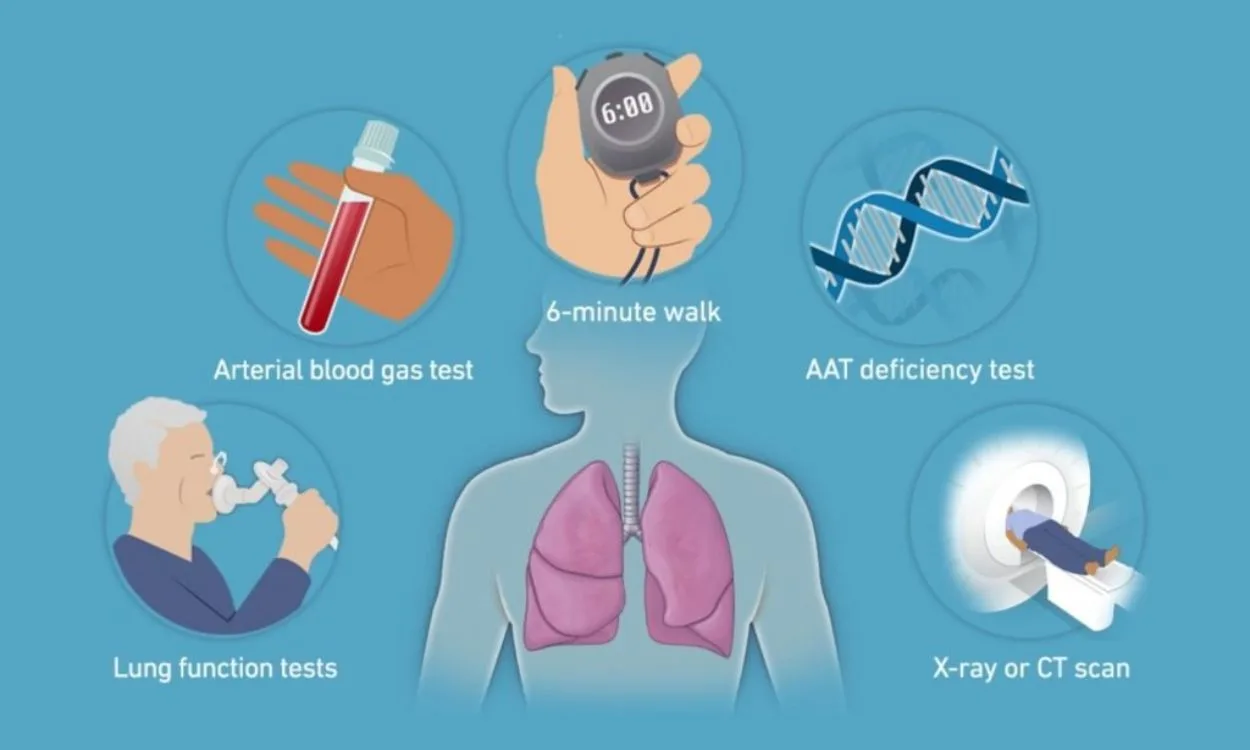How is Asthma Diagnosed and Treated?
Asthma is a chronic respiratory condition characterized by inflammation and narrowing of the airways, leading to symptoms such as wheezing, coughing, shortness of breath, and chest tightness. It is a common condition that affects millions of people worldwide, including a significant portion of the Indian population. In this article, we will explore the diagnosis and treatment options for asthma, helping you understand how to manage this condition effectively.
Diagnosing Asthma
Diagnosing asthma involves a detailed evaluation of a person’s medical history, physical examination, and specific tests. Here are the steps involved in diagnosing asthma:
- Medical History: The doctor will inquire about the individual’s symptoms, their frequency and severity, and any triggers that seem to worsen the symptoms. They will also ask about any family history of asthma or other respiratory conditions.
- Physical Examination: The doctor will listen to the person’s lungs using a stethoscope to detect any abnormal sounds such as wheezing or crackles. They will also assess the overall respiratory function.
- Lung Function Tests: To confirm the diagnosis of asthma, lung function tests are performed. These tests measure how well the lungs are functioning and help determine the severity of the condition. Some common lung function tests include:
- Spirometry: This test involves breathing into a device called a spirometer, which measures the amount of air you can exhale forcefully and how quickly you can do it. It helps assess the airflow limitation.
- Peak Expiratory Flow (PEF) Monitoring: PEF monitoring involves using a small handheld device called a peak flow meter to measure how fast a person can exhale air. It helps monitor changes in lung function over time.
- Allergy Testing: Allergy testing may be recommended to identify specific allergens that trigger asthma symptoms. This can be done through skin prick tests or blood tests to detect specific antibodies.
Treating Asthma
Asthma treatment aims to control symptoms, reduce inflammation, and improve lung function to prevent asthma attacks. The treatment plan is personalized based on the severity of symptoms and the individual’s specific needs. Here are the common approaches to treating asthma:
- Medications:
- Bronchodilators: These medications help relax the muscles around the airways, allowing them to open up and making breathing easier. Short-acting bronchodilators provide quick relief during asthma attacks, while long-acting bronchodilators are used for long-term control.
- Inhaled Corticosteroids: These anti-inflammatory medications are the most effective for long-term management of asthma. They help reduce airway inflammation and prevent asthma symptoms from occurring.
- Leukotriene Modifiers: These medications block the action of leukotrienes, substances that cause inflammation in the airways. They are usually prescribed as an alternative to inhaled corticosteroids or in addition to them.
- Immunotherapy: For individuals with asthma triggered by specific allergens, immunotherapy may be recommended. It involves receiving regular injections or tablets containing small amounts of the allergen to desensitize the immune system.
- Lifestyle Modifications:
- Identifying and Avoiding Triggers: It is essential to identify and avoid triggers that worsen asthma symptoms. Common triggers include dust mites, pet dander, pollen, mold, smoke, and air pollution.
- Maintaining a Healthy Weight: Obesity can worsen asthma symptoms, so maintaining a healthy weight through regular exercise and a balanced diet is beneficial.
- Regular Physical Activity: Engaging in regular physical activity, under the guidance of a healthcare professional, can help improve lung function and overall fitness in individuals with asthma.
- Managing Stress: Stress can trigger asthma symptoms, so adopting stress-management techniques such as deep breathing exercises, meditation, or yoga can be helpful.
- Educational Support:
- Asthma Action Plan: The doctor will provide an asthma action plan that outlines the steps to take when asthma symptoms worsen, including instructions on medication use and emergency contacts.
- Asthma Education: Individuals with asthma and their families should receive education on the condition, its triggers, medications, and how to use inhalers correctly. This education helps in better self-management and prevention of exacerbations.
Download the Fitpaa App for Asthma Management
Managing asthma requires consistent effort and monitoring. The Fitpaa app can be a valuable tool in helping individuals with asthma track and manage their symptoms effectively. With its user-friendly interface and personalized features, the Fitpaa app provides the following benefits:
- Monitoring Symptoms: The app allows users to track their asthma symptoms, including coughing, wheezing, shortness of breath, and chest tightness. This helps in identifying triggers and monitoring the effectiveness of the treatment plan.
- Medication Reminders: Fitpaa sends reminders for medication intake, ensuring that individuals stay on track with their prescribed medications and avoid missing doses.
- Peak Flow Monitoring: The app offers a peak flow monitoring feature, allowing users to record their daily peak expiratory flow rate. This helps in tracking lung function and detecting any changes that may indicate worsening asthma.
- Exercise and Lifestyle Planning: Fitpaa provides personalized exercise and lifestyle plans tailored to the individual’s asthma condition. These plans are designed to promote overall fitness while considering the specific needs and limitations of individuals with asthma.
- Educational Resources: The app offers comprehensive educational resources on asthma management, including information on triggers, medication usage, and techniques for better self-management.
To experience the benefits of the Fitpaa app in managing your asthma effectively, download it today and take control of your respiratory health.
Remember, with the right diagnosis, treatment, and consistent management, individuals with asthma can lead a fulfilling and active life, free from the limitations imposed by this chronic condition. Take the first step towards better asthma control and overall well-being with Fitpaa!









